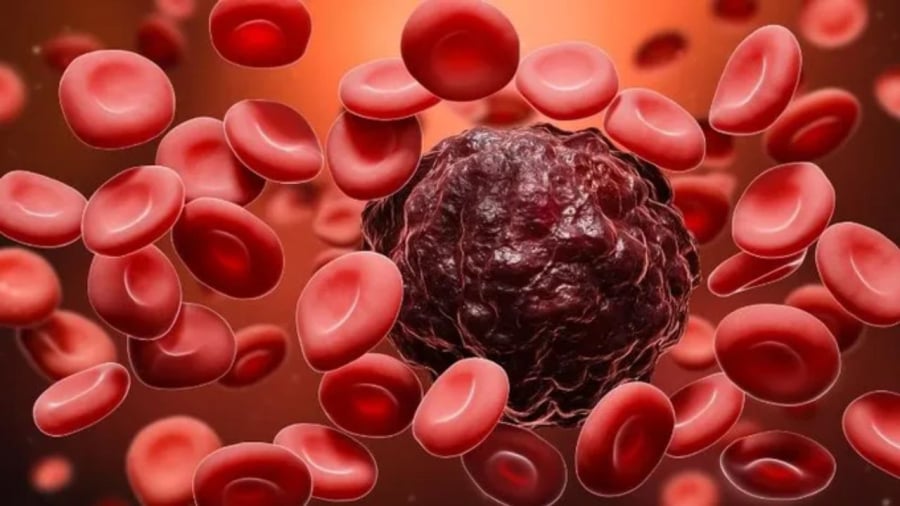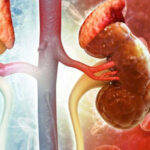A groundbreaking study published in the journal Cancer Discovery offers new hope for early cancer detection through a blood test. This work was led by a team at Johns Hopkins University, in collaboration with multiple scientific organizations, and partially funded by the National Institutes of Health (NIH).
Cancer DNA Detected Up to 3 Years in Advance
Under the guidance of Dr. Yuxuan Wang, the researchers analyzed data from the ARIC program, an extensive NIH study tracking cardiovascular and general health risk factors. Out of 52 selected plasma samples, 26 individuals were later diagnosed with cancer within six months, while the remaining 26 showed no signs of the disease.

The multi-cancer early detection (MCED) blood test results showed eight positive cases. Notably, all of these individuals were diagnosed with cancer within just four months of providing their blood samples. Even more remarkably, six of them had donated blood between 3.1 and 3.5 years before their diagnosis. When the research team reanalyzed these older samples, they found cancer-associated DNA mutations in four out of six samples, long before any clinical signs of the disease.
Laying the Foundation for Pre-symptomatic Cancer Detection
Dr. Bert Vogelstein, one of the study’s leading scientists, remarked that this discovery is a significant milestone, indicating the necessity of achieving high sensitivity in MCED tests to detect cancer in its pre-clinical stages.
Co-author Professor Nickolas Papadopoulos emphasized: “Early detection of cancer’s genetic signatures can lead to more effective treatments. However, this also means that rigorous medical monitoring must follow a positive test result.”
The Promise of Cancer Screening Through Blood Tests
Although the current study was conducted on a small scale, its results showcase the immense potential of highly sensitive blood tests in detecting cancer even before tumors cause symptoms. This finding reinforces faith in early cancer screening, especially as the need for early detection becomes increasingly crucial.
If this method is expanded and implemented widely in the future, it could revolutionize cancer prevention, early diagnosis, and improved survival rates for cancer patients. By identifying abnormal genetic signatures early on, modern medicine can intervene promptly, enhance treatment efficacy, and reduce the risk of severe complications.
The ability to detect cancer from a blood sample up to three years before diagnosis is a monumental step forward in preventive medicine. While further research is needed to validate and refine the technique, the work of the Johns Hopkins University scientists has opened a door of hope toward a future where cancer can be identified and treated even before symptoms emerge.





































